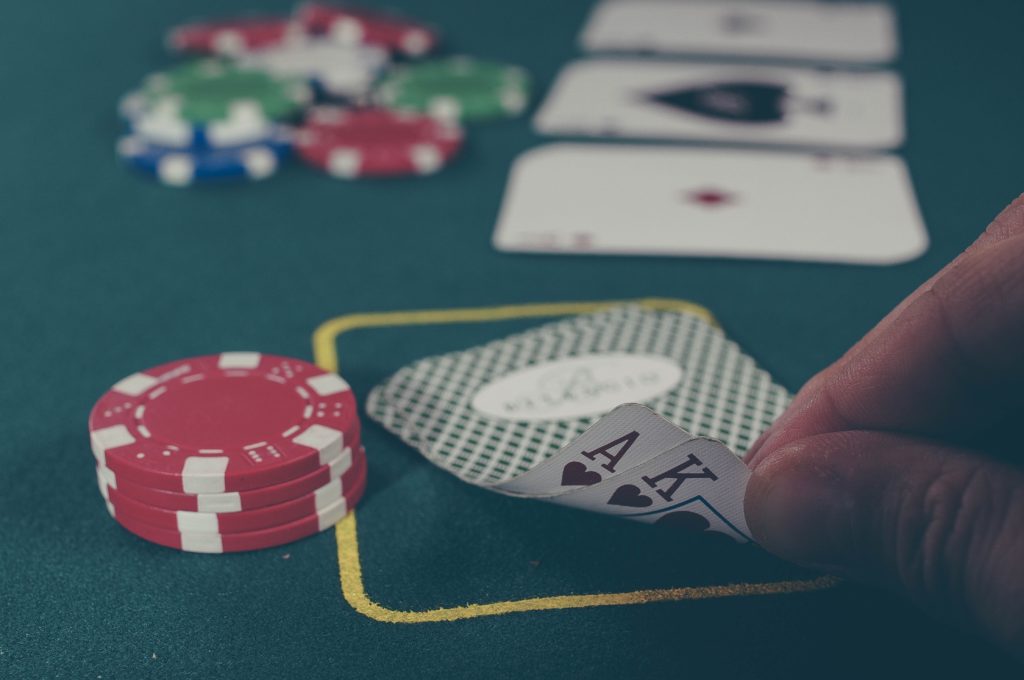Gambling has been a part of human history since ancient times, and while the idea of gambling may seem exciting, there is much more to consider when it comes to understanding its psychological effects.
The world of casinos and other forms of gambling can be alluring for many people, but why? In this article, we explore the psychology behind the attraction to casinos and how they affect our behavior.
From examining risk-taking about casino play to exploring addiction tendencies associated with gambling and discussing ways to manage them – this article will provide an in-depth exploration into understanding why we are drawn towards casinos.
The Psychological Impact of Gambling

Gambling can have a powerful psychological impact on individuals, and this is something that needs to be taken seriously. Those who engage in gambling activities may be driven by the thrill of winning or the desire for a quick fix of excitement.
People may also use it as an escape from reality, or even as a way to cope with stress or depression. Gambling can become addictive, leading people down a dangerous path and creating financial hardship, relationship breakdowns, and mental health issues.
It’s important for anyone considering engaging in gambling activity to understand their motivations and consider potential consequences before starting.
Seeking help from professionals if needed is always recommended so that individuals can make informed decisions about their behavior going forward.
Investigating the Appeal of Casino Games

The allure of casino games is undeniable. From the flashy lights and sounds to the thrill of winning, casinos are one of the most popular places for people seeking an adrenaline rush. But what exactly draws people in?
Investigating this appeal can help us understand why these venues have become so popular over time. Psychology has long studied how humans process rewards and losses, as well as their propensity toward risk-taking behavior.
Recent research on gambling shows that people enjoy casinos because they offer a sense of control that’s not always present in daily life; wins and losses depend largely on individual decisions rather than luck or fate.
Additionally, playing casino games often gives players a feeling of accomplishment when they succeed in their goals — whether it’s hitting 21 at blackjack or correctly calling out a number at roulette — which boosts their self-esteem and encourages them to keep playing.
Casinos also provide an environment where socializing is encouraged, making it easy for players to develop relationships with fellow gamblers while enjoying themselves at the same time.
This aspect further adds to its charm: many individuals find comfort in knowing that there are others around who share similar interests and experiences as them – an important part of human psychology known as “social bonding”.
Overall, understanding why were drawn to casino games can help us better appreciate our motivations for taking risks – from gambling itself to investing money into stocks – allowing us to make more informed choices about our finances going forward.
Understanding Compulsive Gambling Behaviors

Compulsive gambling behaviors can be difficult to understand and even more challenging to overcome. Gambling becomes compulsive when an individual is unable to resist their urge or craving, for engaging in a behavior despite the potential negative consequences it could have on their life.
Many people who struggle with compulsive gambling report that they feel powerless over their actions and experience intense cravings which lead them to continue placing bets regardless of the cost.
The attraction of casinos can often be attributed to the rewards associated with winning large sums of money as well as the thrill of testing one’s luck against Lady Fortune. But there are also psychological factors at play—namely, our drive for pleasure and power—which make us particularly vulnerable to developing a gambling problem.
Studies have found that those with higher levels of impulsivity tend to find casinos more appealing than other types of entertainment due to their ability to provide instant gratification; similarly, those seeking control may become addicted out of an attempt at mastery over random outcomes.
Alongside these internal motivations are external pressures such as peer pressure from friends or family members who gamble regularly; social media influencers promoting gaming websites; or simply being exposed frequently enough to movies and television programs depicting casino culture glamorized by glitzy visuals and fast-paced music playing in the background.
Unfortunately, this kind of exposure can desensitize viewers into believing that spending vast amounts on betting is normal behavior—a dangerous misconception for anyone struggling with addiction issues related to gambling activities.

Conclusion
The Psychology of Gambling is an intriguing topic, filled with both positive and negative aspects. While gambling can lead to financial ruin, it is also a form of entertainment for many people.
The attraction to casinos lies in the thrill of uncertain outcomes and potentially winning big; however, the risks associated should be taken into account before visiting one.
As such, if you do choose to gamble at a casino or other gambling facility then it’s important to view more about whether the facility you’re in practices safe, quality gambling practices.







